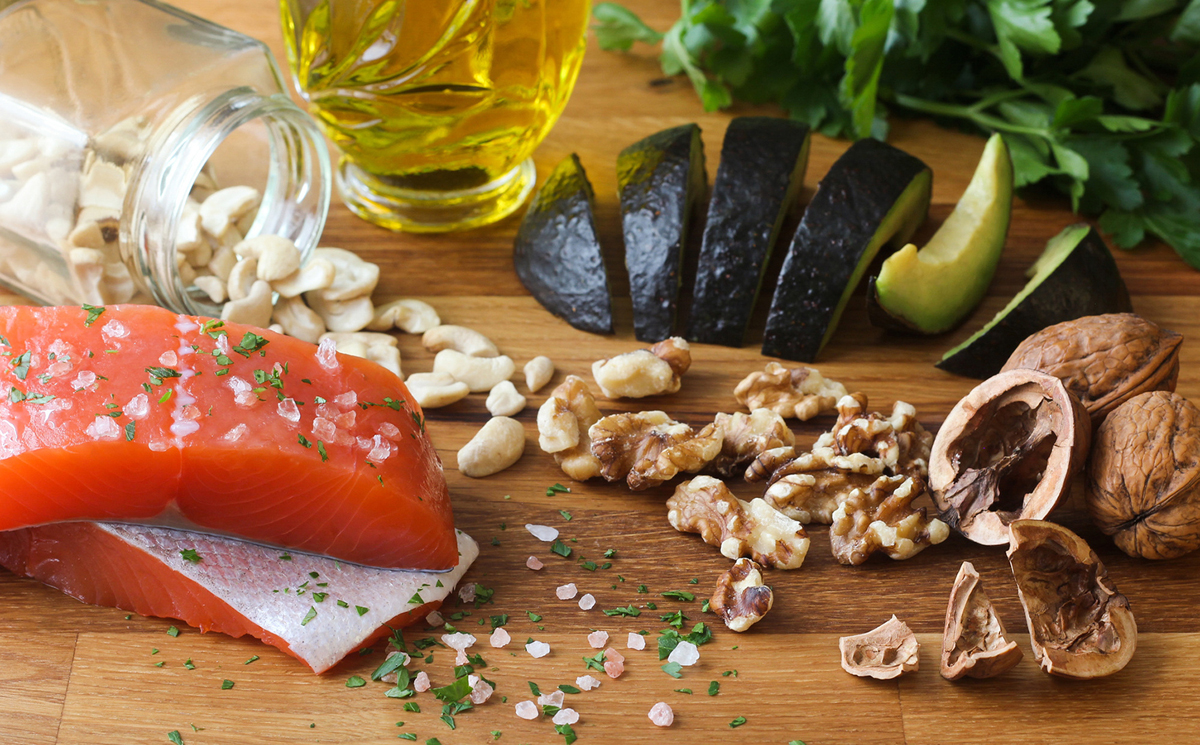Vitamin B3 (Niacin)

Another important member of the B-complex family, Vitamin B3 facilitates the processes involved with metabolizing fats, proteins and carbohydrates. In addition, over 50 enzymes are able to function properly because of this one vitamin. Niacin, as it’s also called, is one of the more stable vitamins and as such it is able to resist oxidation, heat and alkalies.
Niacin has an interesting effect on the arteries. First, this vitamin helps the arteries widen, which enables blood to circulate more easily. Also, because Niacin lowers the body’s bad (LDL) cholesterol levels, it helps prevent plaque from forming and building-up on artery walls. The result is improved blood flow and even better, a reduced risk of heart attack.
Vitamin B3 plays also a major role in keeping the body’s nervous system, digestive tract and overall mental well-being functioning properly. Healthy skin requires a regular supply of this vitamin. And finally, it’s also required in order to produce various hormones including progesterone and testosterone.
Like the other B vitamins, Vitamin B3 is water soluble, meaning that it’s easily absorbed in water and needs to be constantly resupplied. The body does have the ability to produce a very small quantity of Niacin, but this amount is not enough to meet daily intake requirements. The rest must be supplied either by food or by supplementation.
Sources of Vitamin B3
Niacin is found in more animal products than plant products. Good sources of this vitamin include organ meats (kidney, liver), lean meats, pork, prawns, and even milk from a cow.
Some of the other sources include seeds and almonds, rice bran, wheat products, beans, green vegetables, turnips, carrots, and celery. Yeast and bran can be good sources if the bran coating is not removed (as it is during the milling process).
The recommended daily intake of Vitamin B3 (Niacin) is 15 mg for adult women. Women who are pregnant or who are breastfeeding need slightly more. The required daily intake for men is 15 – 19 mg. Note that some individuals who digest Niacin can experience a red flushness on the skin. If this happens, slow intake and allow the body to get used to Niacin.
Symptoms of a Vitamin B3 Deficiency
Even a mild Vitamin B3 deficiency will cause symptoms. These could include: an overall feeling of tiredness, forgetfulness, nausea and/or vomiting, loss of appetite, skin outbursts or lesions, sores in the mouth, headache, anemia, problems in the digestive system and trouble sleeping or relaxing.
When the deficiency is severe, a disease called Pellagra can develop. The first symptom is easily recognizable. A lesion appears on skin that has been exposed to sunlight. This more serious condition must be treated immediately. Pellagra is also characterized by symptoms including dermatitis, irritability, diarrhea or other gastrointestinal trouble, inflammation of the mucous membranes and problems of the nervous system such as depression and other forms of mental disturbances. Because of its ability to keep Pellagra from developing, this vitamin is sometimes referred to Vitamin PP (Pellagra Prevention).
The Author:
Dr. John Spencer Ellis
Each week, over one million people enjoy a fitness and wellness program created by John Spencer Ellis. His programs are implemented in the top resorts, spas and health clubs. John is the CEO of NESTA (National Exercise & Sports Trainers Association), the Spencer Institute for Life Coaching, and the Get America Fit Foundation.
He created Adventure Boot Camp, the largest fitness boot camp system in the world. His TriActive America signature series of outdoor exercise equipment is used worldwide. John has been featured on ABC, NBC, CBS, PBS, FOX, FOX Sports, FOX Reality, SPIKE and ESPN. He is the fitness and lifestyle expert on Bravo’s The Real Housewives of Orange County and Daybreak OC (KDOC news). John is the producer of the documentary The Compass (Jan. 2009).








